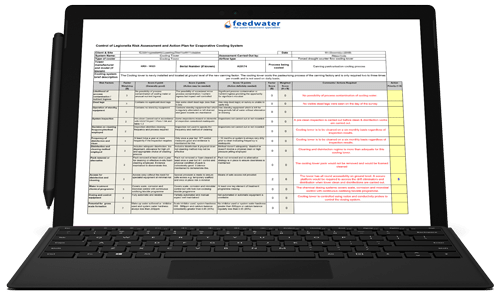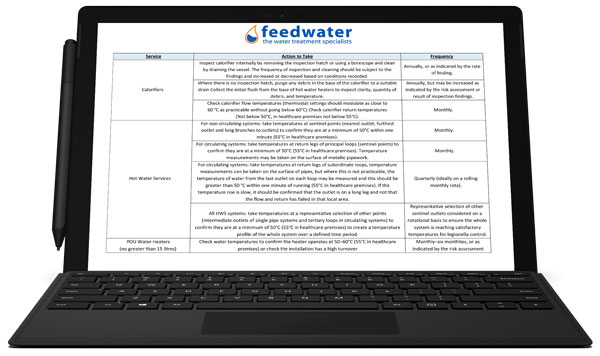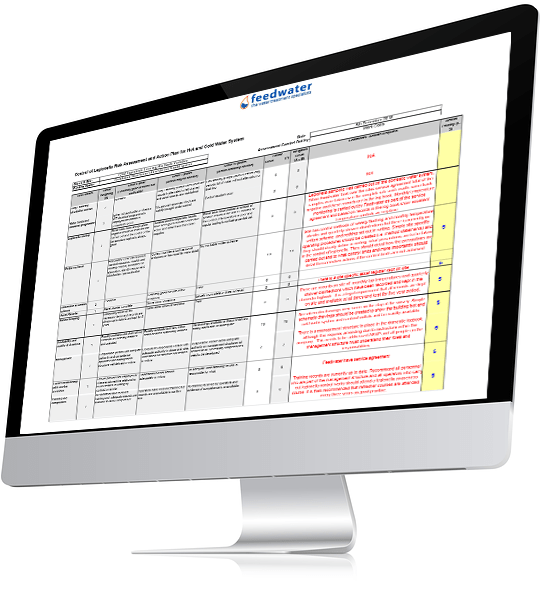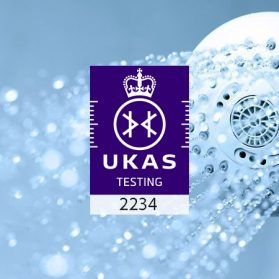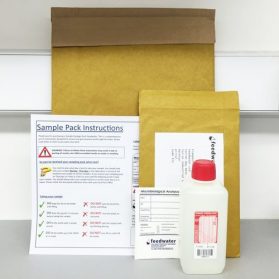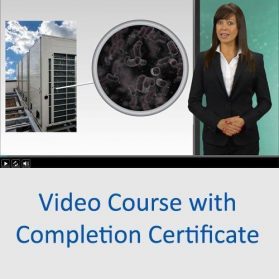Legionella Risk Assessment Service Provider
Feedwater specialises in providing clear and concise Legionella risk assessments for a wide range of industrial and commercial clients and having assessed the risk we then provide all the services needed to prevent Legionnaires’ Disease and ensure ACoP L8 compliance.
As a founder member of the Legionella Control Association, our level of expertise and fully integrated support services will help you reach full compliance with in the HSE’s ACoP L8, not only can we perform your risk assessment but our in-house teams of water hygiene specialists and our UKAS accredited legionella laboratory will support you all the way from completing remedial work to fulfilling any sampling regime you require.
Please use the tabs below to browse our service and technical questions you have, if you are ready to inquire about a quotation please fill out the assessment request form below.


